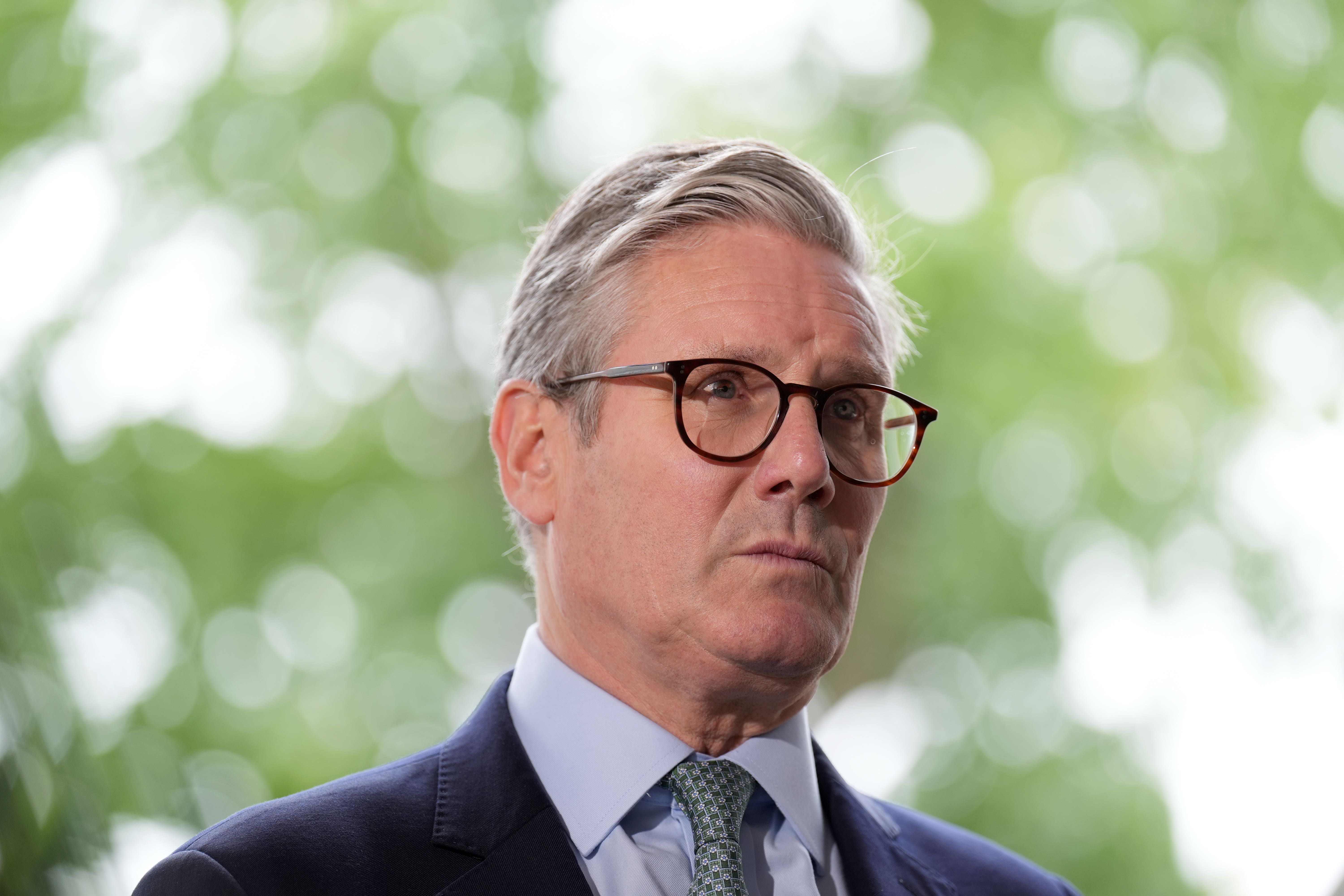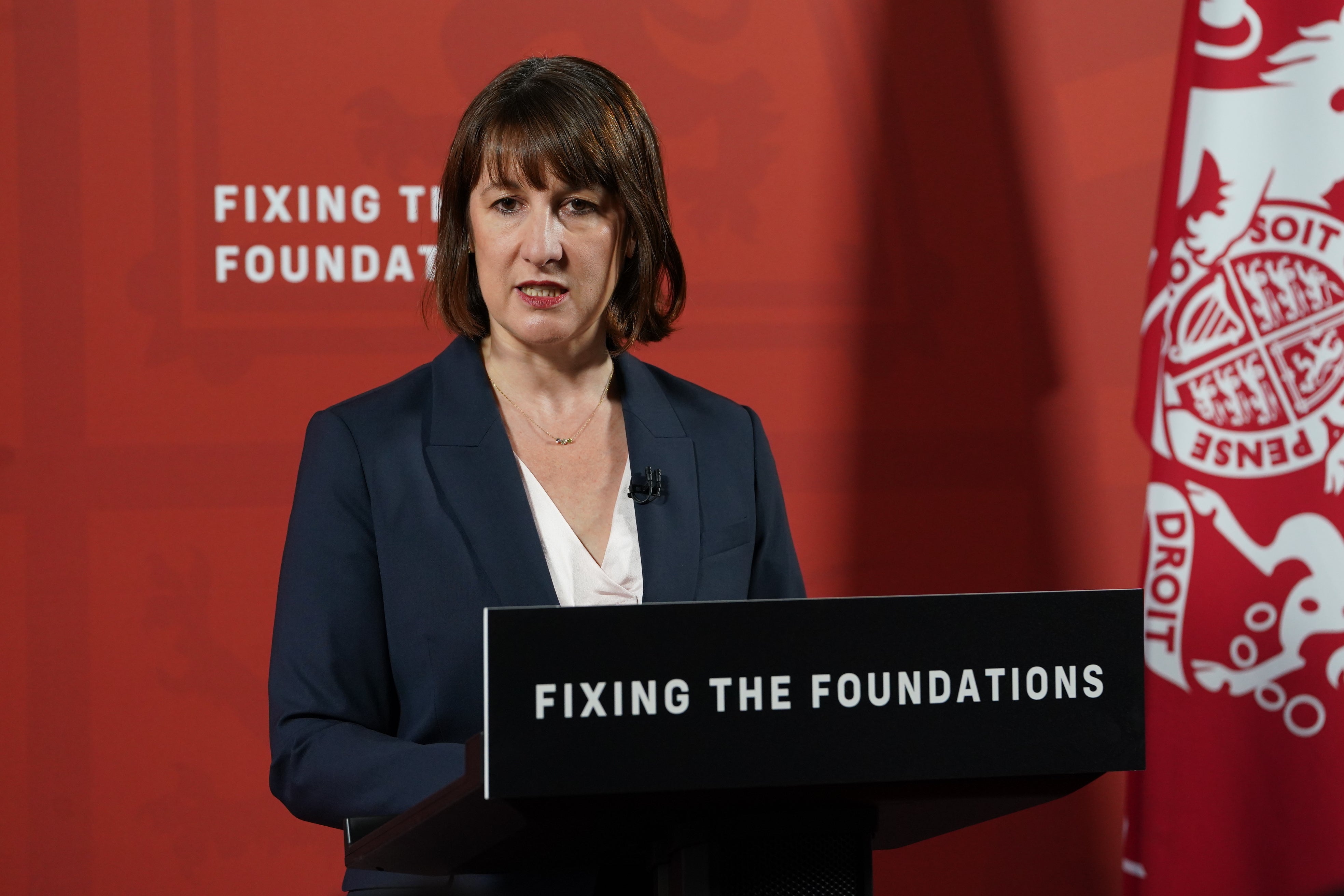Will Keir Starmer’s keynote speech pile on the pain or ‘restore hope’?
Crucially, the prime minister’s upcoming speech comes with just weeks to go until the government’s first Budget, writes Millie Cooke


Since winning the election in July, the new government’s rhetoric has largely been a blame game. From Sir Keir Starmer’s decision to release prisoners 40 per cent of the way through their sentence to scrapping winter fuel payments for most pensioners, each announcement has been caveated with the record of the previous government and the inheritance left behind.
An exercise in expectation management
While the Labour Party campaigned on a platform of optimism, saying it will “restore hope and rebuild Britain”, Sir Keir’s time in office has so far been one long exercise in expectation management.
And his upcoming speech on Tuesday, the prime minister’s first keynote speech since acquiring the keys to Downing Street, will be no different.
He will warn that things in Britain will get worse before they get better, saying they are currently “worse than we ever imagined”, a far cry from the 1997 Blairite anthem “Things Can Only Get Better”.
As well as a £22bn financial black hole, the prime minister will say the government has also taken on a “societal black hole”.

He will argue that “14 years of populism and failure” under the Conservatives made responding to this month’s riots much harder than in 2011, when he led the Crown Prosecution Service, claiming that violent thugs exploited “the cracks in our society”.
But the speech isn’t just going to be justification for the difficult decisions that have already been taken.
There is a growing feeling that the government’s focus on the inheritance left behind is part of a strategy to lay the groundwork for tax rises and further spending cuts in its first Budget.
Crucially, the speech comes with just weeks to go until the 30 October fiscal event.
What tax rises could we expect?
Ahead of the general election, Labour promised not to impose any tax rises on working people. But since the “£22bn financial black hole” announcement, the government has dropped a number of hints that the Budget could include tax rises.
The chancellor has warned there will be “more difficult decisions ahead”, while Sir Keir on Tuesday will say the government will take “unpopular decisions now if it’s the right thing for the country”.
Unsurprisingly, the Tories have seized on this. They have accused the prime minister and his top team of “squandering money whilst fabricating a financial black hole in an attempt to con the public into accepting tax rises”.
Labour will do anything it can to avoid manifesto-breaking tax rises: which would include any increase to headline rates of income tax, national insurance or VAT.
The most likely tax to be tinkered with in the Budget is capital gains, something Ms Reeves refused to rule out increasing in an interview with Bloomberg TV earlier this month.
While she said the tax burden “got too high” under the Conservatives, she left the door open to increasing the charge on investors.
Ms Reeves could also consider closing inheritance tax loopholes or reforming the way pensions are taxed.
There is no doubt that tax rises and further spending cuts would be a bitter pill to swallow for the British public, who have spent years grappling with a cost of living crisis.
But Labour has made it clear they are not playing a short-term game.
While the headlines from Sir Keir’s speech on Tuesday are likely to be pessimistic in tone, he will make one thing clear: Labour plans to “fix the foundations” of Britain, however hard or painful it is.
And they’re betting that the game they are playing in expectation management will make the pill just that bit easier to swallow when it finally comes around.
Join our commenting forum
Join thought-provoking conversations, follow other Independent readers and see their replies
Comments
Bookmark popover
Removed from bookmarks